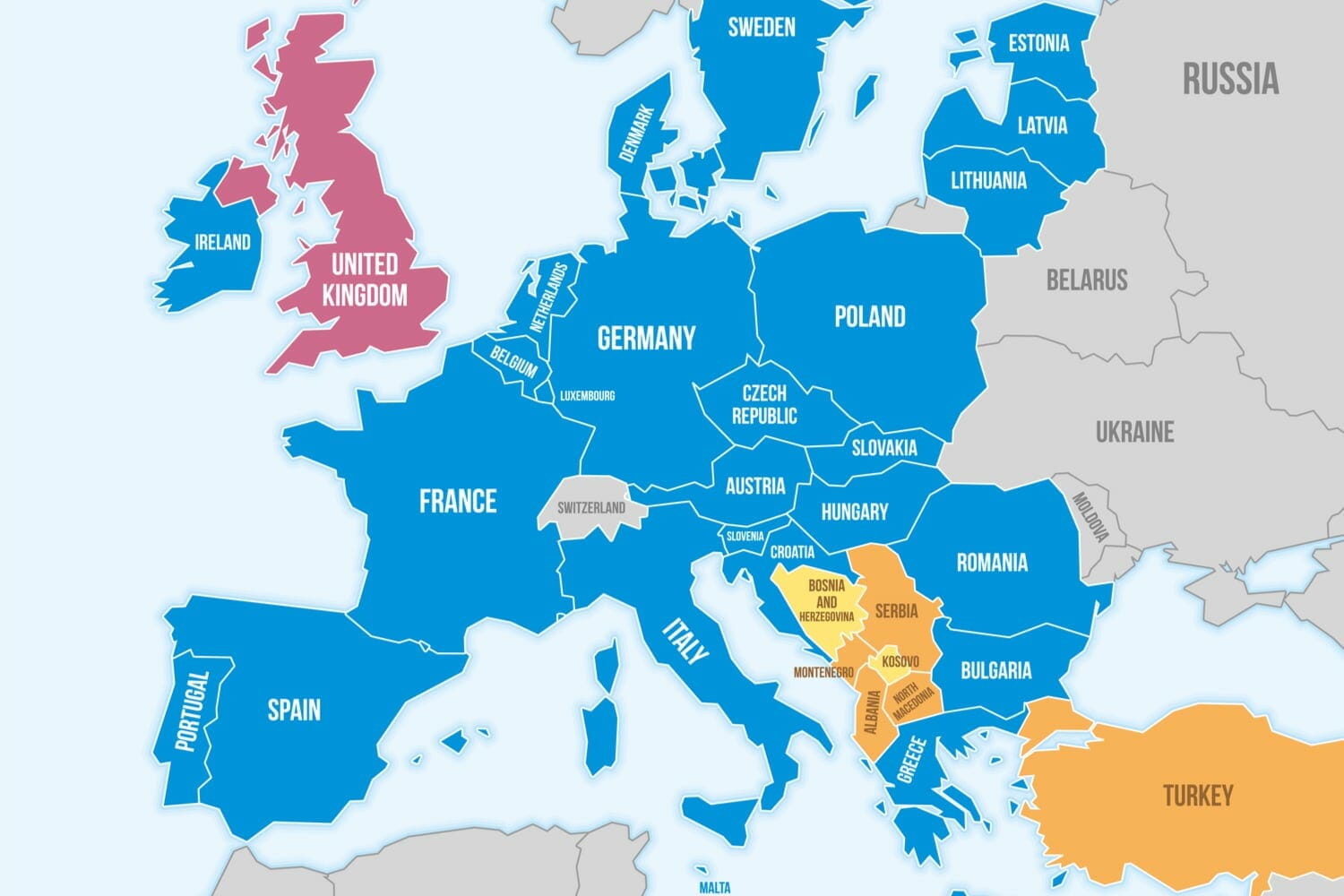A new Schengen code regulation (Regulation (EU) 2019/1155 of the European Parliament and of the Council of 20 June 2019 amending Regulation (EC) No 810/2009 establishing a Community Code on Visas) came into force February 2, 2020.
This reviewed regulation applies to all third-country nationals who need a visa for intended stays in the territory of the European Union (EU) Member States not exceeding 90 days in any 180-day period.
The regulation sets forth the procedures and conditions for issuing Schengen visas. The following general principles apply:
- The Member States must act in full compliance with EU law and according to its general principles and decisions when applying this regulation.
- The Member States must take the decisions under this regulation on an individual basis.
- The application procedure should be as easy as possible for applicants.
- The relevant Member State to resolve an application must be clearly identifiable.
- The Member States must promote electronic processes, including electronic submission, interviews, and signatures when available.
- Deadlines should be established for each step of the process to allow applicants to plan ahead.
- Frequent or regular travelers (among other categories, business people, artists, and athletes) complying with the regulation might benefit from multiple-entry visas with longer periods of validity.
Benefits
As a result of the new regulation, the Schengen visa application process is expected to be much more flexible, allowing electronic procedures when possible, allowing submission of applications within the 6 months before the visit (instead of within 3 months as established before), and permitting the resolution of the application as a matter of urgency in justified cases, even if it was not submitted at least 15 days before the trip.
Another benefit of the regulation, together with flexibility, is the clarity about authorities in charge of the application (when different countries will be visited) and about processing times.
Finally, certain categories of visitors who need to travel regularly to the Member States can now obtain visas with longer duration, provided they have complied with the applicable regulation.
The increase in the processing fee (up to 80 euros) may be reasonable if the process becomes as flexible and efficient as expected by this modification.


